Search Results for Tag: Alaska
USA announces new five-year Arctic Research Plan
The US administration’s National Science and Technology Council has released a plan outlining key areas of study to be taken by the Federal government to better understand and predict environmental changes in the Arctic. The plan was developed by a team of experts representing 14 federal agencies and was based on input from sources including the indigenous Arctic communities, the Alaska Governor’s Office, local organizations and universities. It highlights research areas important for the development of national policies and areas which would benefit from cooperation between various agencies. Amongst the topics identified for focus are regional climate models, human health studies and adaptation tools for communities.
The announcement is a significant one in the view of the US Arctic Research Commission. They say it is “probably the first, truly integrated, five year US Arctic Research Program plan (ever?) released.”
Incidentally, the website of that particular organisation is a useful source for anybody following Arctic developments.
Climate change in pictures
Gary Braasch is a photographer who decided some time ago to devote the rest of his working life to documenting the effects of climate change in pictures. I met him on a plane on the way to a conservation summit some time ago, when he was presenting a new photography book. Faithful ice blog watchers may remember the story. One of the pictures was a polar bear on land – I was immediately reminded of a story by George Divoky, ornithologist and climate observer. George monitors black guillemots on Cooper Island, off Barrow, Alaska. He has observed considerable change in the climate in recent years, and has had to take all kinds of measures to protect the birds against hungry bears. He had also told me about an encounter he and a visitor had had with a bear. It turned out the photo and George’s story were one and the same event.
Now I have discovered Gary’s website World View of Global Warming, which is well worth a look. George’s Cooper Island site also has some spectacular pictures.
Is wildfire smoke helping to melt the Greenland ice sheet?
I have come across an interesting story from the University of Ohio State saying satellite observations have revealed the first direct evidence that smoke from wildfires in other parts of the Arctic is drifting over the Greenland ice sheet, polluting it with soot which makes it more likely to melt in the sun.
![]() read more
read more
Climate change and the Arctic Treeline
A report released by Cambridge University suggests that the treeline in the Arctic is not moving northwards as fast as earlier studies have predicted. The report, published by Gareth Rees from the University’s Scott Polar Research Institute says the relationship between climate change and trees is more complex than previously thought.
Rees says the treeline is clearly moving north on average, but that he has not found evidence confirming other estimates that the treeline is moving north at as much as two kilometres a year. He says 100 metres per year is more realistic.
The study involves researchers in northern Europe, Canada, Alaska and Scandinavia.
More in Environmental Research Letters or in a summary on the Alaska Dispatch
Of birds and bears in a changing Arctic climate
Living conditions have changed considerably over the last few decades for sea birds who live or breed in the Arctic region.
Ornithologist George Divoky has found that his monitoring of black guillemots on the Arctic Cooper Island off the coast of Barrow, Alaska over the last four decades has turned into observation of the rapidly changing climate in the high north.
![]() read more
read more



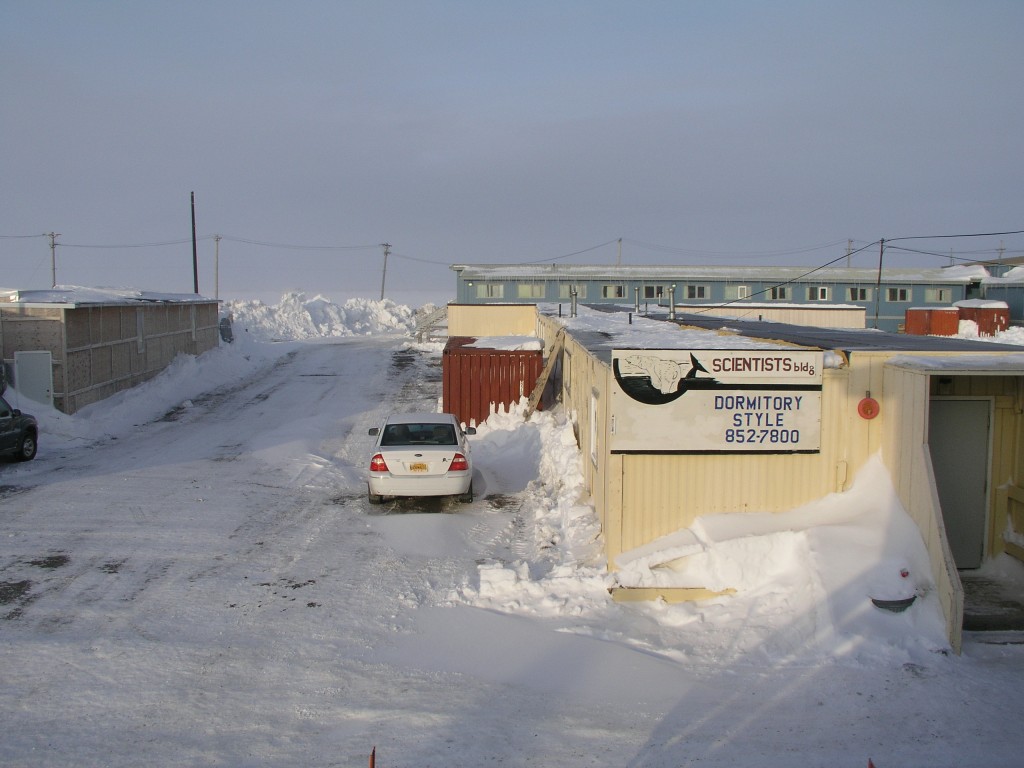

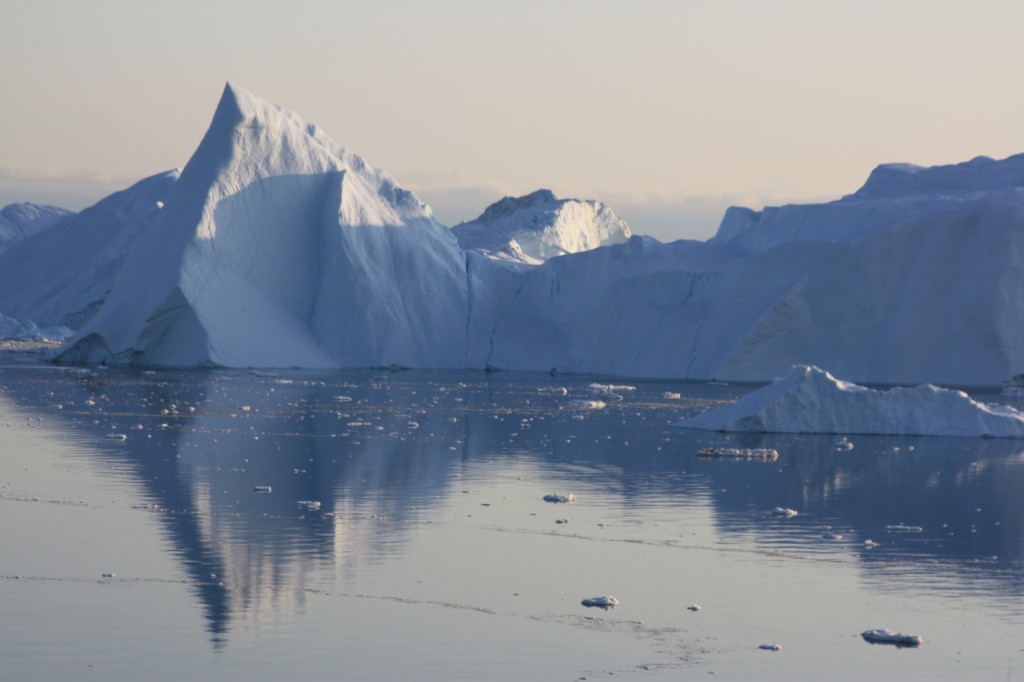
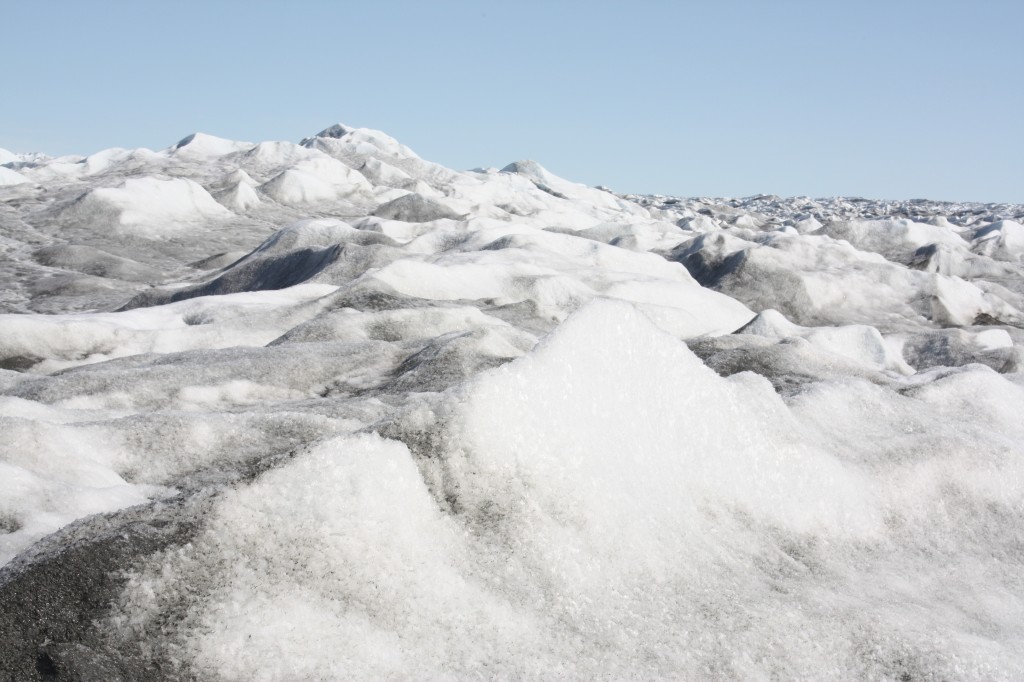
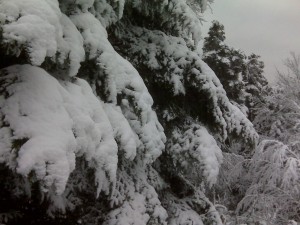
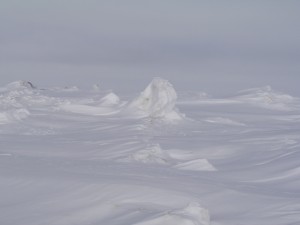
















Feedback